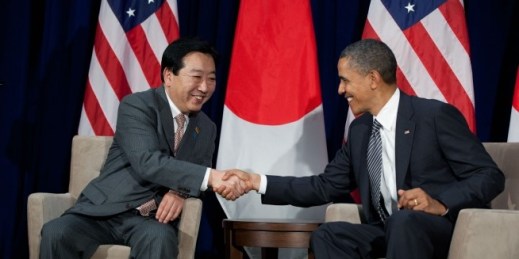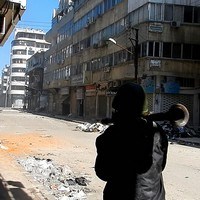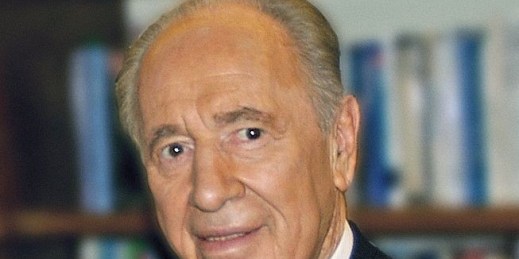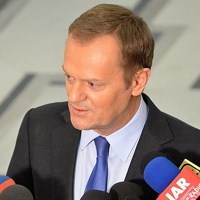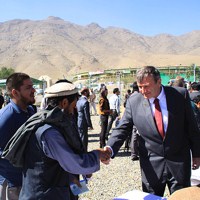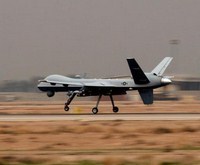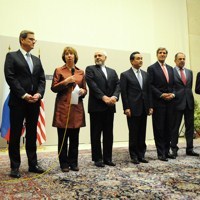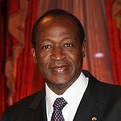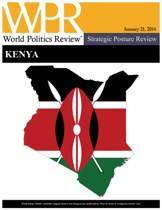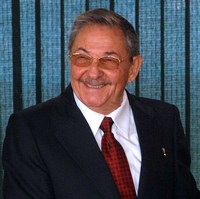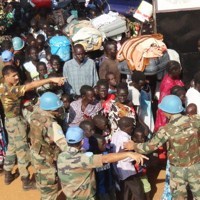
This month, South Korea announced a major reduction in its target for nuclear power generation, partly in response to domestic safety concerns. In an email interview, Miles Pomper, a senior research associate at the James Martin Center for Nonproliferation Studies, explained the role of nuclear energy in South Korea. WPR: How important is nuclear within Korea’s current energy mix? Miles Pomper: Nuclear power plays a major role in South Korea’s electricity generation, meeting about 30 percent of the country’s energy needs in 2012, and South Korea is one of the top five nuclear-power-generating countries. South Korea does not have significant […]


